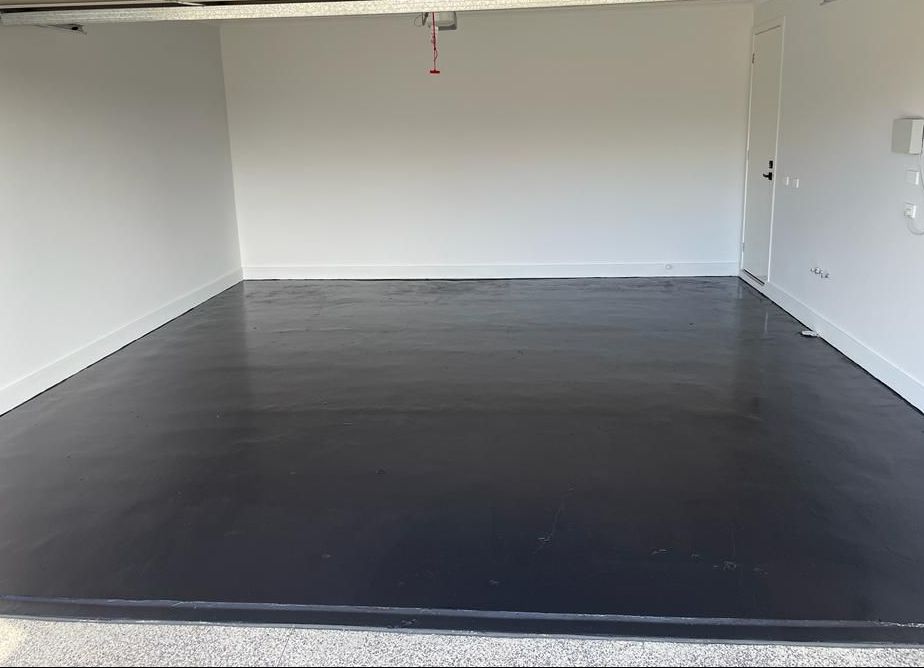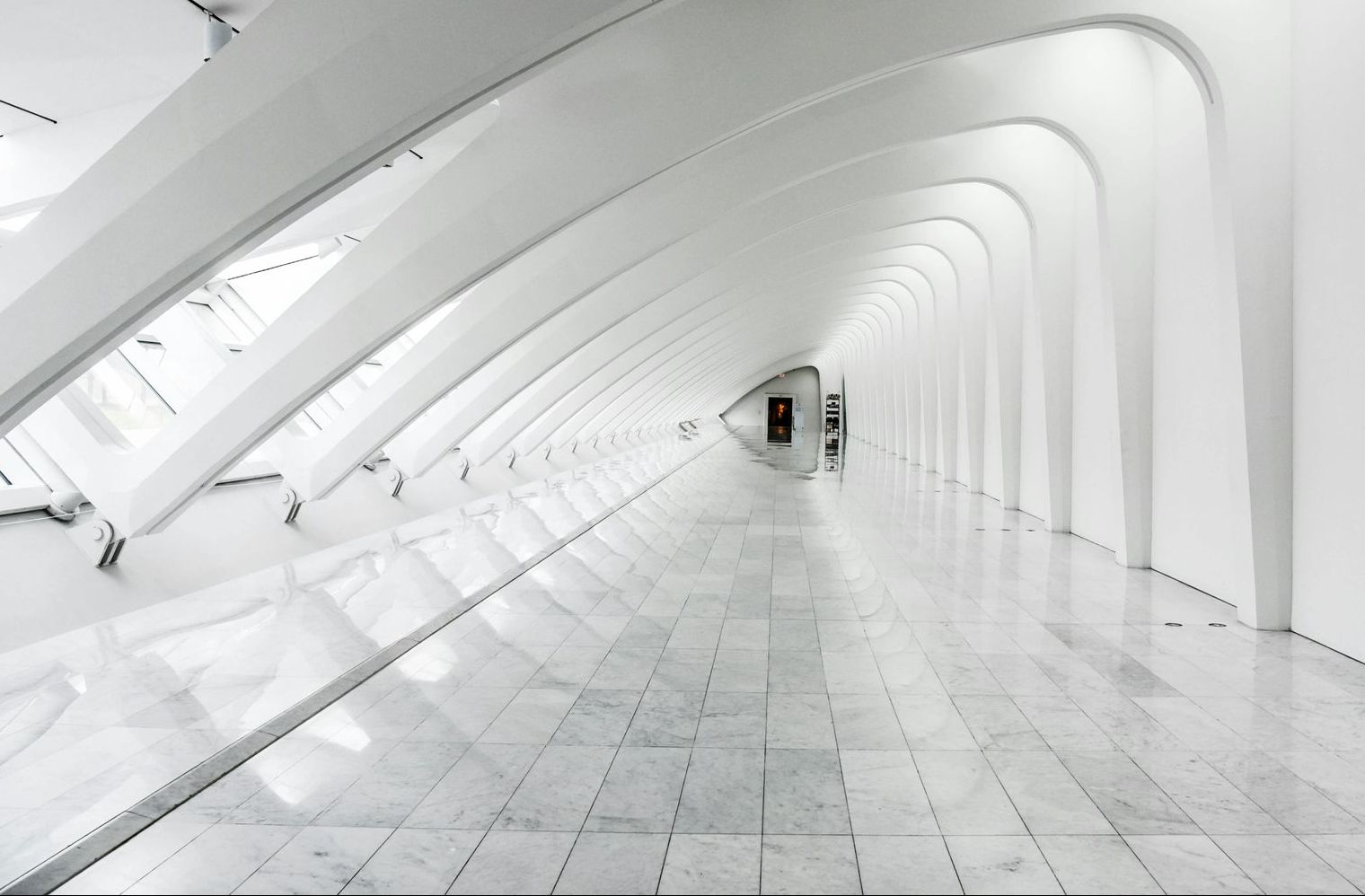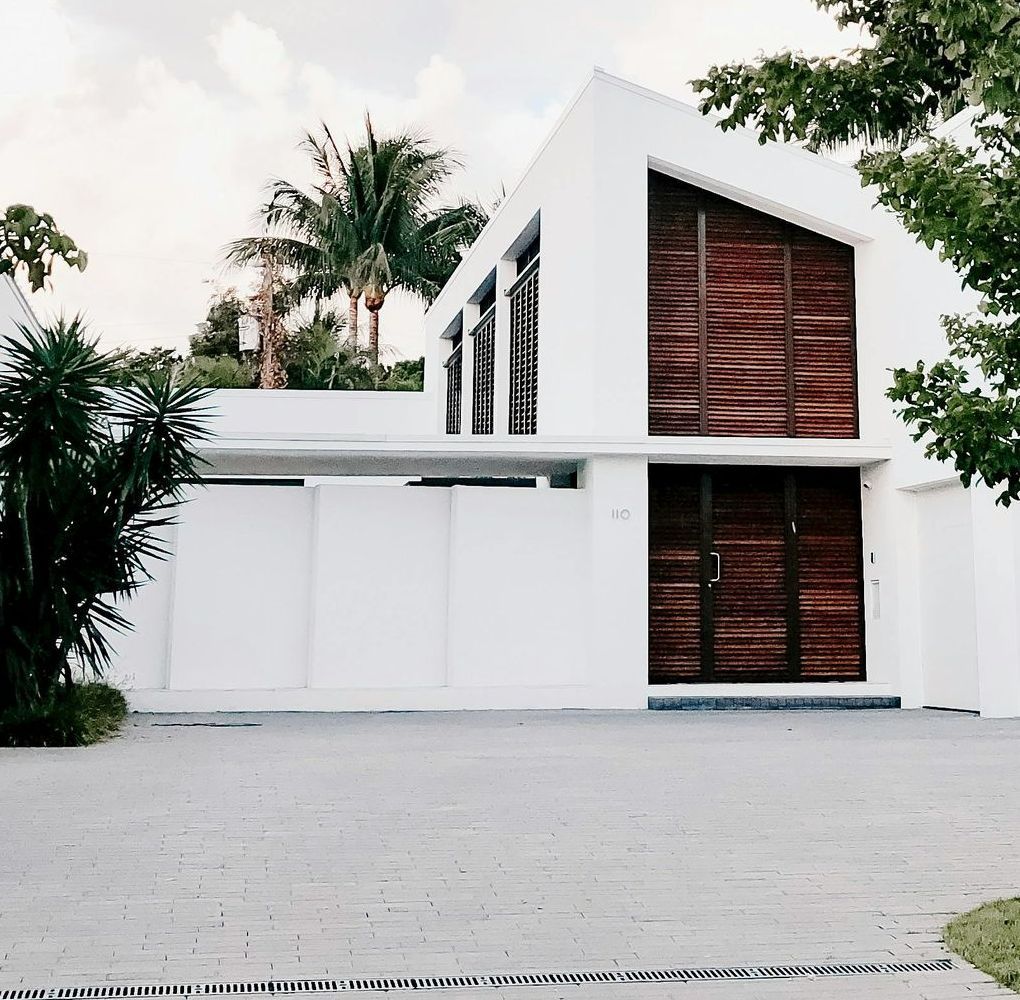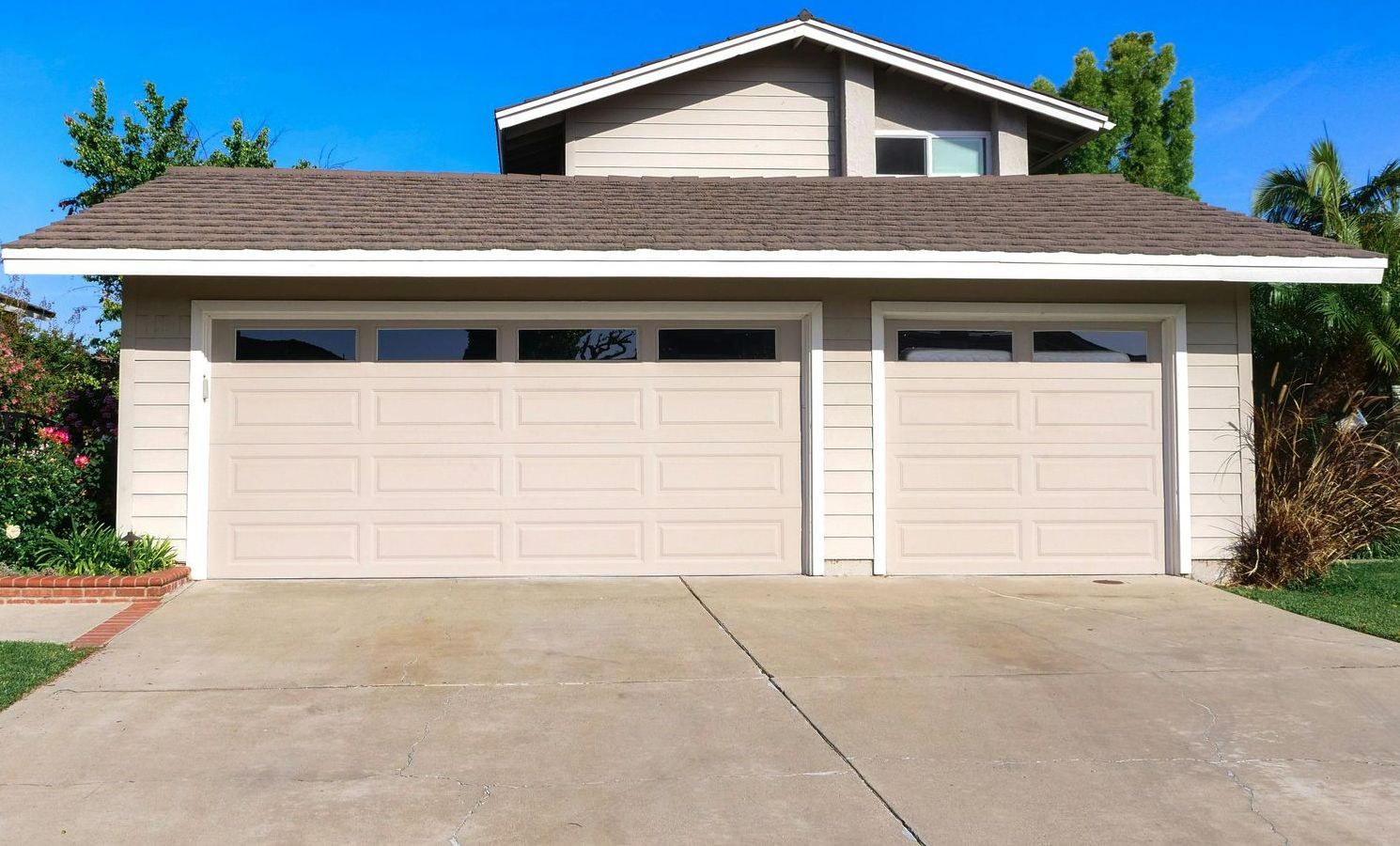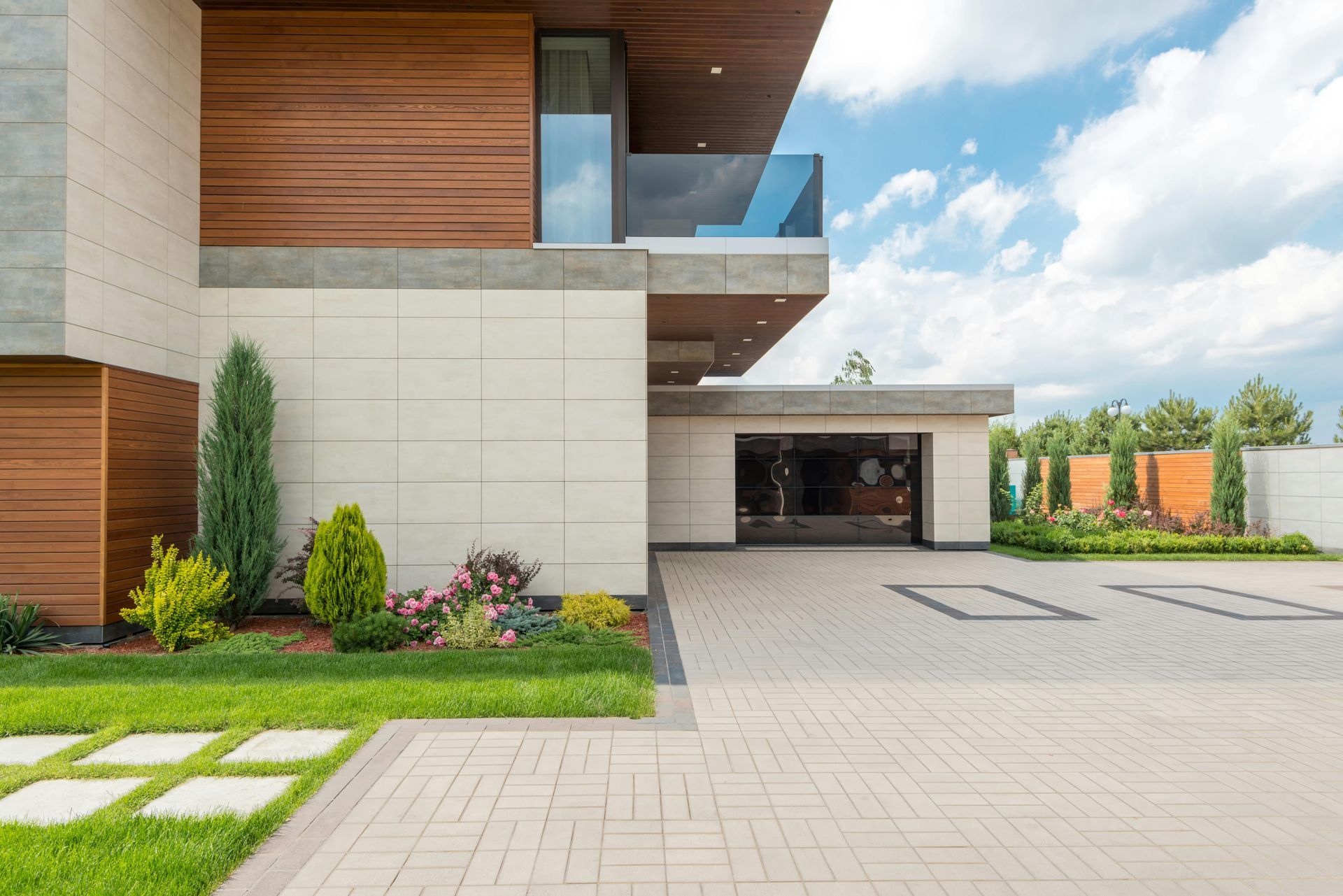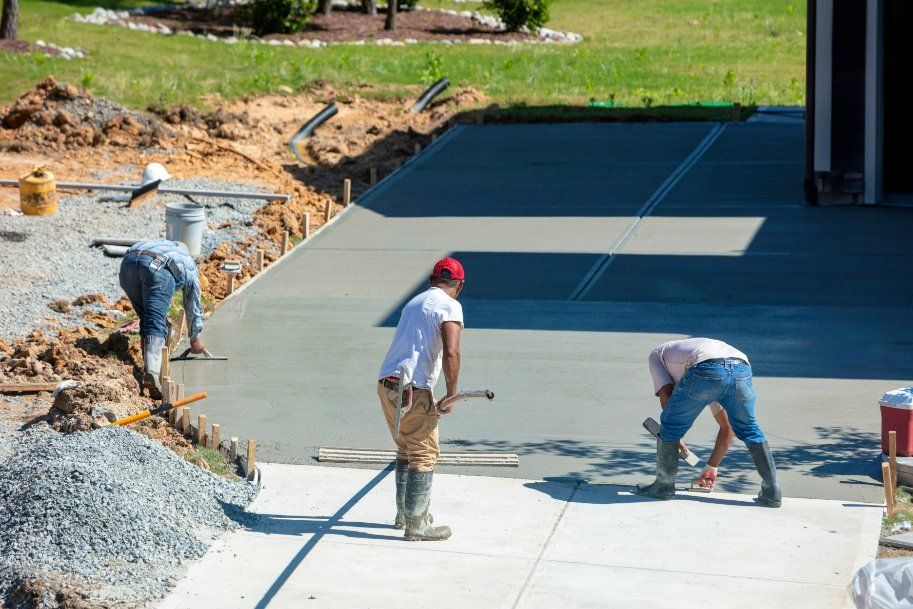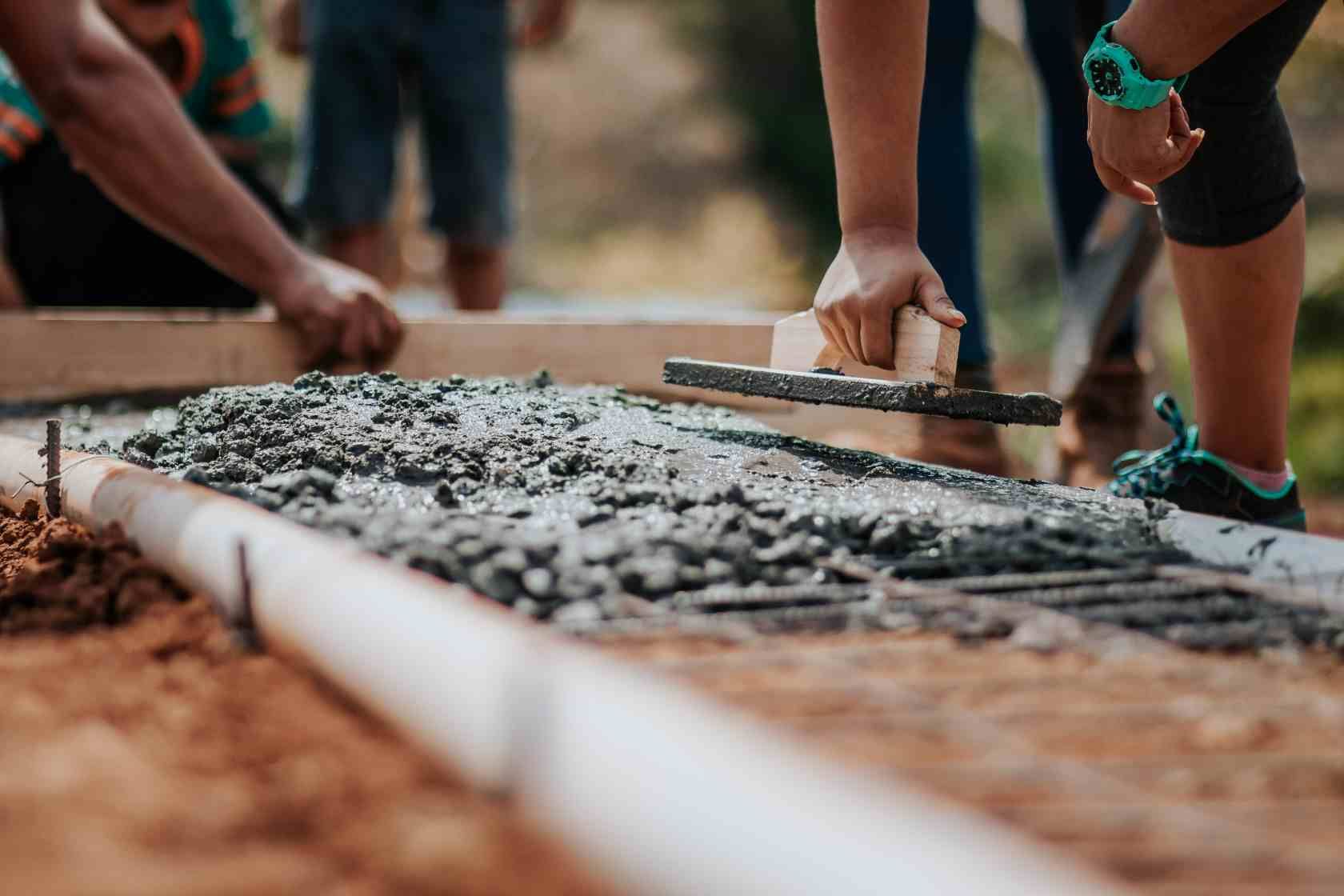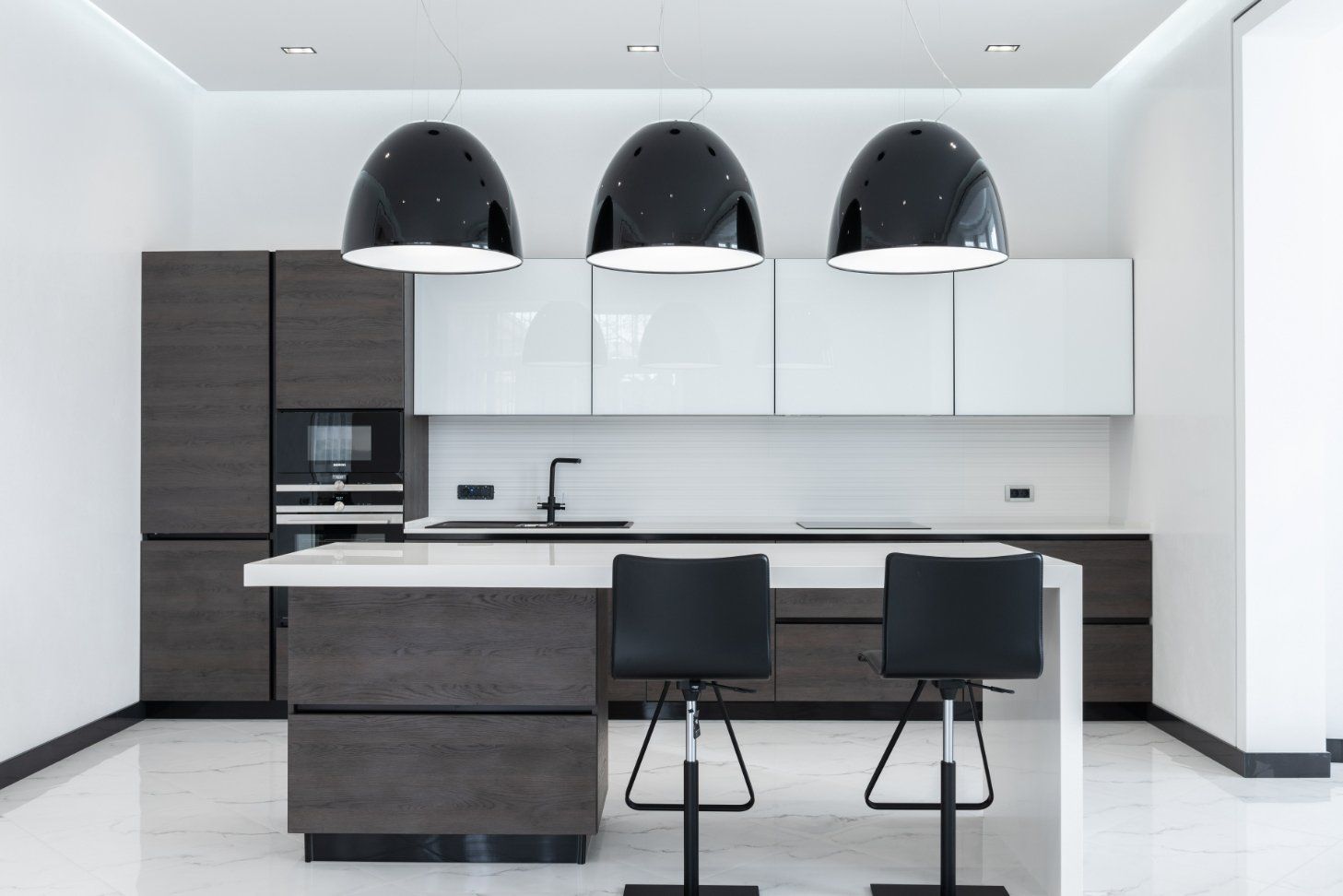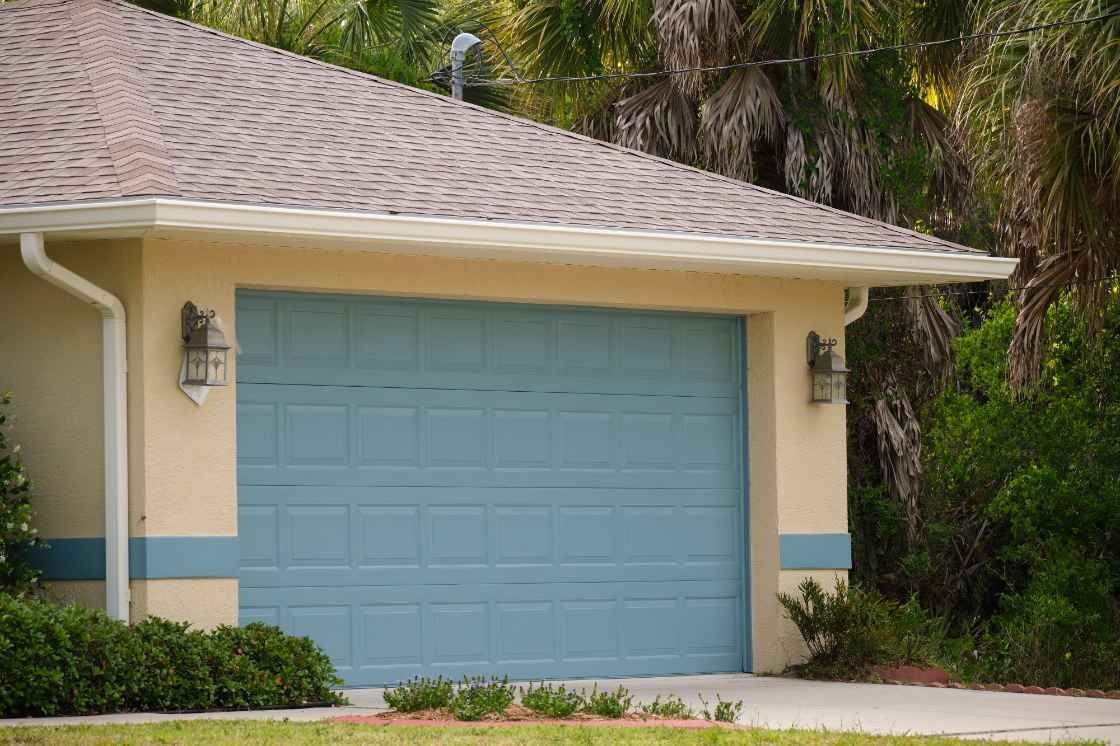Important Reasons Why You Should Choose a Concrete Retaining Wall
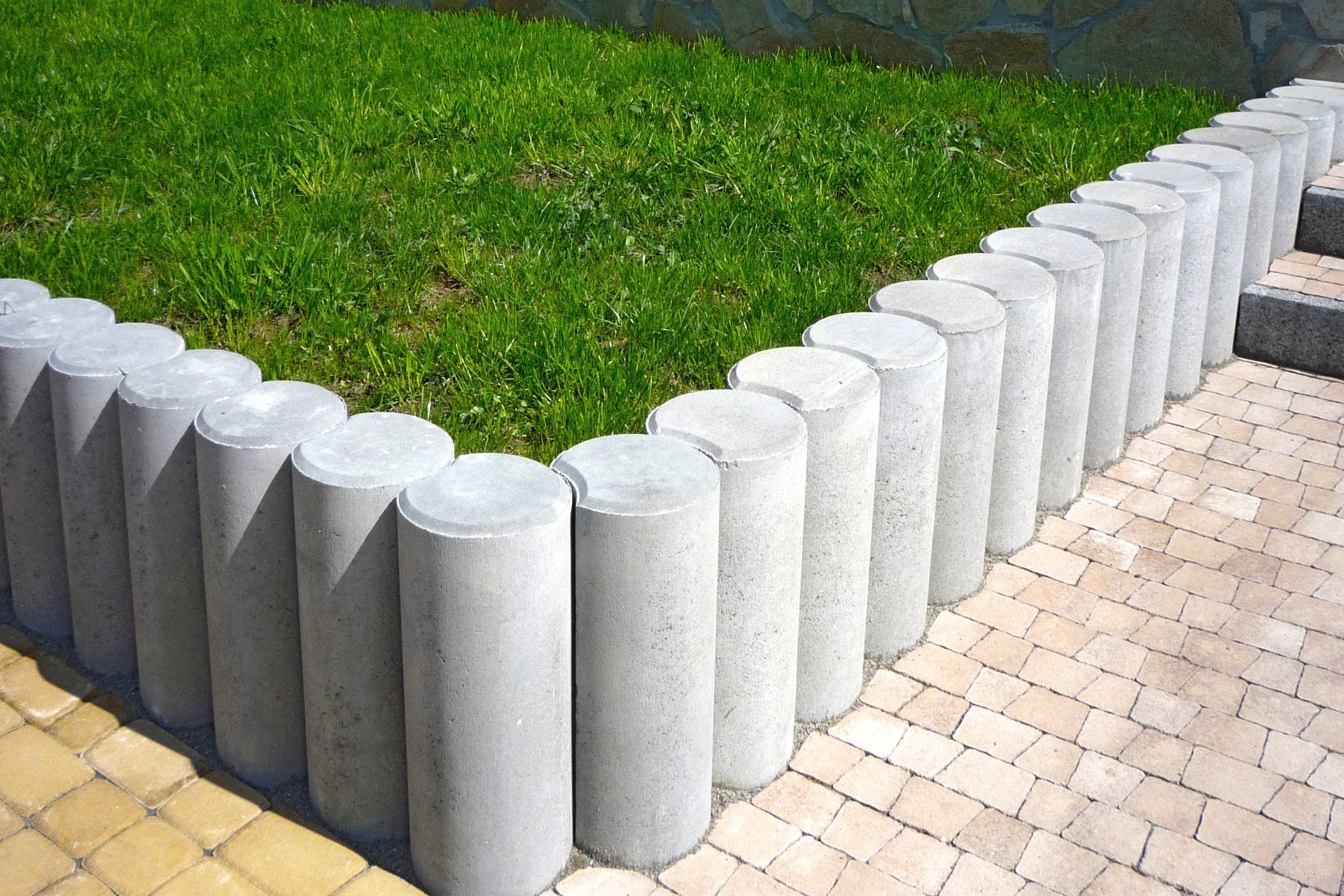
Choosing a concrete retaining wall is a good idea for your home because it is durable and requires little maintenance. This makes it the ideal choice for homes that are located in hot climates or areas where there is frequent rainfall.
Concrete retaining walls are a mix of form and function
Designed to hold back soil and prevent erosion, retaining walls are solid, shaped walls that can be used for landscaping. The materials used to build them can vary and be decorative, functional, or both. The materials for a retaining wall are determined by the size and height of the wall, as well as the desired style.
A retaining wall is often constructed out of either concrete or blocks. Concrete is strong and able to withstand lateral pressure. It is also able to last for decades. If you are considering building a retaining wall, consult a qualified professional. They can help you find the best location for the wall and can also help you decide whether the wall is for functional purposes or simply for decoration.
Retaining walls may be freestanding, or they may be part of a larger construction project. You may not need a building permit for a freestanding wall, but you may need a license if the wall is taller than 4 feet. In addition, walls higher than 2 metres may need planning permission.
The most common material used for a retaining wall is concrete. Concrete block walls contain standard concrete and refined grains of sand. These concrete block walls are also flexible and can be shaped and coloured to suit your needs.
Another material used for retaining walls is brick. Brick is moisture-resistant and slows the spread of fire. The look of a brick wall can be maintained and cost less than natural stone. You can also use stone veneer, a thin layer of material applied over the supporting material. This will add a rustic look to a poured concrete wall.
Another retaining wall is a gabion wall. These walls are free-draining and are often built in areas with groundwater. They can also be used to create usable beds out of steep slopes. These walls can also be produced in tight spaces and made of steel, aluminium, or wood planks.
Unlike a poured concrete wall, a gabion wall can be installed in less-than-ideal soil conditions. This is because the stone is protected by filter fabric and weep holes.
Other types of material include cinder blocks, concrete blocks, and sheet pile walls. Each material has its advantages and disadvantages. Some materials may last long, while others will last only a few years.
One of the most efficient types of retaining walls is the Mechanically Stabilised Earth retaining wall. This retaining wall combines backfill and soil reinforcements to maintain stability. It is relatively thin but can carry heavy loads. It is also a coherent gravity structure, which will prevent erosion of the structural backfill.
A concrete retaining wall is a great way to create terracing out of a sloped area. They can also add a cohesive look around your home. They can also complement other hardscaped features, such as gazebos and fountains. You can even add embedded objects to enhance the look of the wall.
Concrete retaining walls are a good investment
Whether preparing your home for sale or looking to improve the landscape on your property, installing concrete retaining walls is a wise decision. Not only will they provide stability, but they will also add sculptural appeal to your landscape. They can be constructed using a variety of materials. These can include brick, stone, timber, and more. You can choose from a variety of colours and styles.
A retaining wall is a great way to increase the value of your property. When selling your home, prospective buyers will notice the beauty of your retaining wall. Also, it is a great way to prevent soil erosion. It is also a great way to add functional outdoor space for gardening. You can create a variety of landscaped areas with retaining walls.
The cost of retaining walls varies greatly. The material used, the size of the wall, and the location all play a role in the price. You can also expect to pay more for stone and timber walls than concrete ones.
While the cost of a retaining wall may vary depending on the location, the price will likely be less than you would expect. However, the overall construction cost will depend on the soil type and the size of the wall. The most cost-effective option is to use readily available materials in your area.
For example, you could use interlocking concrete, cinder, or timber. These walls are easy to install and provide a sturdy, long-lasting structure. In addition, they can be stained to look like natural stone. They are also less expensive than their stone counterparts.
While a concrete retaining wall can be a good investment in the long term, there are more cost-effective options. It will require more frequent repair and maintenance. You may also have to spend much time and money on design and structural engineering.
The construction of a concrete wall is not for the faint of heart. The wall must be straight and true. It should also be waterproof. The wall can be susceptible to water damage if it is not waterproof. It would help if you also were sure to protect the wall with an appropriate drainage system. Without one, water may get trapped inside the wall and cause long-term damage.
Depending on your needs, a concrete retaining wall may last for decades. A retaining wall may last up to a century if properly built. There may be more cost-effective ways to protect your property, but it is worth the investment.
Concrete retaining walls require little maintenance
Whether you're building a new home or want to give your current one some beauty, concrete retaining walls are a great way to add aesthetic appeal and stability to your landscaping. They are also durable and require little maintenance. In addition, they're affordable.
Concrete retaining walls are available in different styles, colours and sizes. They can be poured or built from pre-fab concrete blocks. You can also make a wall from concrete panels and mortar. In addition, you can enhance your concrete fence with a veneer or natural stone. There are also decorative concrete and stained concrete designs that add aesthetic appeal to your landscape.
The construction process for a retaining wall is pretty simple. A poured concrete wall is an excellent choice because it's durable and easy to work with. Concrete walls are also available in various styles, from simple to modern. The cost of a concrete retaining wall is generally lower than that of a stone or brick wall, and they are less likely to need maintenance.
One of the most essential features of a retaining wall is proper drainage. Without drainage, water will force its way into the wall, which will wear it down and lead to structural damage. It will also make the soil under the wall heavier.
Retaining walls is also essential in helping prevent soil erosion from your home foundation. In addition, they can help avoid mudslides and collapses. They can also help protect your landscaping from erosion. They're also ideal for erosion control in commercial zones.
Regardless of the retaining wall you're installing, suitable materials are crucial. Concrete is durable and can last for decades. It's also more economical than natural stone, costing over $1000 per square foot. Brick is also a durable building material. However, it doesn't have the inherent aesthetic appeal of a concrete wall.
In addition to proper drainage, retaining walls must be straight and true. They should be at least three feet wide. It is also essential that you backfill the walls with gravel. The backfill should be at least one foot deep. You should also install a perforated drain pipe inside the wall. The pipe should be installed at the bottom of the wall, where it's backfilled.
Whether you choose to build a concrete wall, a brick wall or a stone wall, you must take care of it. Regularly inspected and maintained, a retaining wall will last longer than in an unexpected event. An adequately maintained retaining wall will also be more accessible to detect problems before they cause damage.
If you're interested in a concrete retaining wall for your home or commercial property, working with a retaining wall professional is essential. An expert can help you decide on the best type of retaining wall for your needs, plan it correctly, and use the best materials.
Call us now at 08 6373 2590 to get started!
Contact Form
